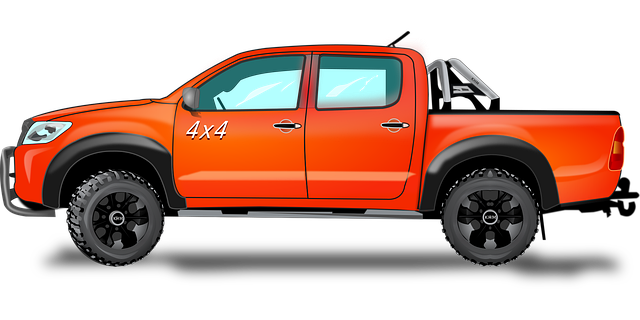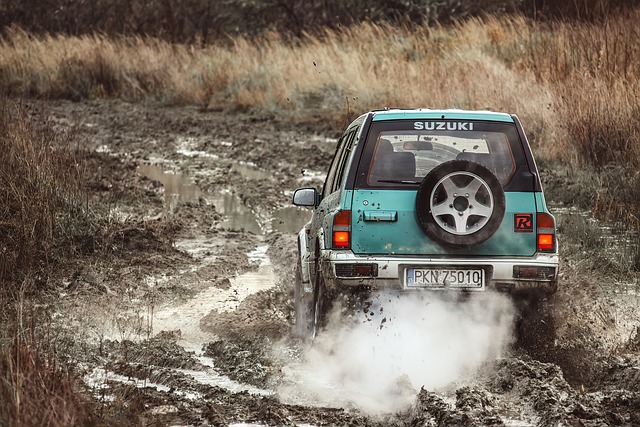Hitch balls are essential for towing and hauling in Brownsville, providing safe connections between vehicles and trailers or loads, with various sizes catering to light or heavy-duty needs. The Brownsville Fleet offers robust truck winches that enhance control over load weight and stability, making towing efficient and secure. Aligned with vehicle make and model, hitch balls like flange or socket types ensure compatibility and safety. Proper installation, maintenance, and regular inspections are crucial for optimal performance and longevity in both local and international operations.
“Unleash the power of efficient towing with hitch balls, an essential accessory for your vehicle. This comprehensive guide explores the fundamentals of hitch balls, highlighting their pivotal role in the Brownsville Fleet’s impressive truck winch operations. Discover the diverse types, from ball mounts to socket hitches, and their unique applications. Learn how to select the perfect hitch ball for your ride, ensuring safe installation and ongoing maintenance. Optimize your towing experience with these insights, especially when utilizing powerful Brownsville Fleet truck winches.”
- Understanding Hitch Balls: A Basic Overview
- Brownsville Fleet's Role in Truck Winches
- Types of Hitch Balls and Their Applications
- Choosing the Right Hitch Ball for Your Vehicle
- Installation and Safety Guidelines
- Maintenance and Care Tips for Hitch Balls
Understanding Hitch Balls: A Basic Overview

Hitch balls are a crucial component for towing and hauling, especially for those who rely on their vehicles for heavy-duty tasks. These balls, part of a larger system, facilitate the connection between your vehicle and the trailer or load you’re transporting. In the context of Brownsville fleet Truck winches, understanding hitch balls is essential for safe and efficient operations.
Each hitch ball features a robust mechanism that allows it to secure and release trailers with ease. They come in various sizes and capacities, catering to different towing needs, from light-duty camper trailers to heavy-duty cargo haulers. By utilizing Brownsville fleet Truck winches along with these hitch balls, operators can confidently manage the weight and stability of their loads, ensuring a smoother ride and enhanced safety on the road.
Brownsville Fleet's Role in Truck Winches

The Brownsville Fleet plays a significant role in the world of truck winches, providing robust and reliable solutions for towing and hauling. These fleets are known for their diverse range of vehicles, including specialized trucks equipped with advanced winch systems. The fleet’s expertise lies in navigating challenging terrains and handling various types of cargo, making them indispensable in industries that demand heavy-duty towing.
Brownsville Fleet’s truck winches are designed to enhance safety and efficiency during transportation. With a focus on quality and performance, their winches are built to withstand harsh conditions and ensure smooth operations. This dedication to excellence positions the Brownsville Fleet as a leader in the market, catering to both local and international towing needs, and solidifying their reputation for reliability and expertise.
Types of Hitch Balls and Their Applications

Hitch balls come in various types, each designed for specific applications and vehicle needs. One popular category is the flange hitch ball, commonly used on SUVs and trucks due to its sturdy construction and ease of attachment. These are ideal for towing smaller trailers or boat accessories. The socket hitch ball is another common type, featuring a cylindrical shape that fits into a corresponding coupling on the trailer. This design is versatile and suitable for various towing situations, including those requiring higher weight capacities.
For larger fleets like those in Brownsville, truck winches often complement hitch balls. Winches are essential for managing heavy loads and ensuring safe towing. When paired with robust hitch balls, they enable efficient handling of trailers, boats, or other equipment. This combination is particularly useful for transport companies or individuals frequently engaged in towing activities, such as those in the trucking industry.
Choosing the Right Hitch Ball for Your Vehicle

When selecting a hitch ball, aligning it with your vehicle’s make and model is paramount. Different vehicles have distinct hitch points and load capacities, so ensuring compatibility is crucial for both safety and effectiveness. For instance, if you’re in Brownsville and manage a fleet of trucks, opting for robust hitch balls designed to withstand heavy-duty applications from brands like Truck Winches would be ideal. These specialized balls often feature higher weight ratings and are built to endure the rigors of frequent use.
Additionally, consider the type of trailer or equipment you plan to attach. Different hitches and couplers require specific ball sizes and shapes. Standard 1-1/4″ or 2″ hitch balls are common, but for specialized needs, you might require unique options. Always check your vehicle’s owner manual or consult a professional to make an informed decision that guarantees a secure connection when towing or hauling.
Installation and Safety Guidelines

Installing a hitch ball is a straightforward process but requires careful attention to safety, especially for those new to truck modifications. When fitting a hitch ball on your Brownsville fleet vehicle, ensure that all components are compatible with your truck’s make and model. Start by cleaning the existing mount points and checking for any signs of corrosion or damage. The next step involves attaching the hitch ball assembly, which typically includes a ball, shank, and hardware. Use the appropriate tools to secure it firmly, following the manufacturer’s instructions.
Safety should be your top priority during this process. Always refer to your vehicle’s owner manual for specific guidelines. For larger vehicles like trucks, consider using jack stands or a sturdy support system while installing to prevent any accidents. When driving with a hitch ball attached, ensure that it is secured properly with the proper class of truck winches and hardware to avoid potential hazards. Remember, a well-installed hitch ball not only enhances your vehicle’s functionality but also contributes to safer driving conditions.
Maintenance and Care Tips for Hitch Balls

Proper maintenance is key to keeping your hitch balls in top condition, ensuring they remain functional and safe for long-term use. Regular cleaning is essential after each trip, removing any dirt, debris, or rust that may accumulate. A soft brush and mild detergent are ideal for this task, followed by a thorough rinse to eliminate all residue. For stubborn stains, consider using specialized rust removal products designed for automotive applications.
Storage is another critical aspect of hitch ball care. When not in use, store them in a dry, cool place away from direct sunlight and extreme temperatures. Protecting them with a waterproof cover or storing them in a sealed container can prevent damage and prolong their lifespan. Additionally, keep an eye out for any signs of wear and tear, such as cracks or deformations, which may indicate the need for replacement. Regularly inspect your Brownsville fleet truck winches and hitch balls to ensure they are in optimal condition for every journey.
In conclusion, hitch balls are essential accessories for anyone utilizing truck winches, like those found in the Brownsville Fleet. Understanding their various types, applications, and safety guidelines is crucial for ensuring efficient towing and preventing damage to your vehicle. Proper installation, regular maintenance, and careful selection of the right hitch ball will make all the difference in your towing experience. So, whether you’re a seasoned tow truck operator or an occasional camper, remember the importance of hitch balls in navigating the road ahead.



